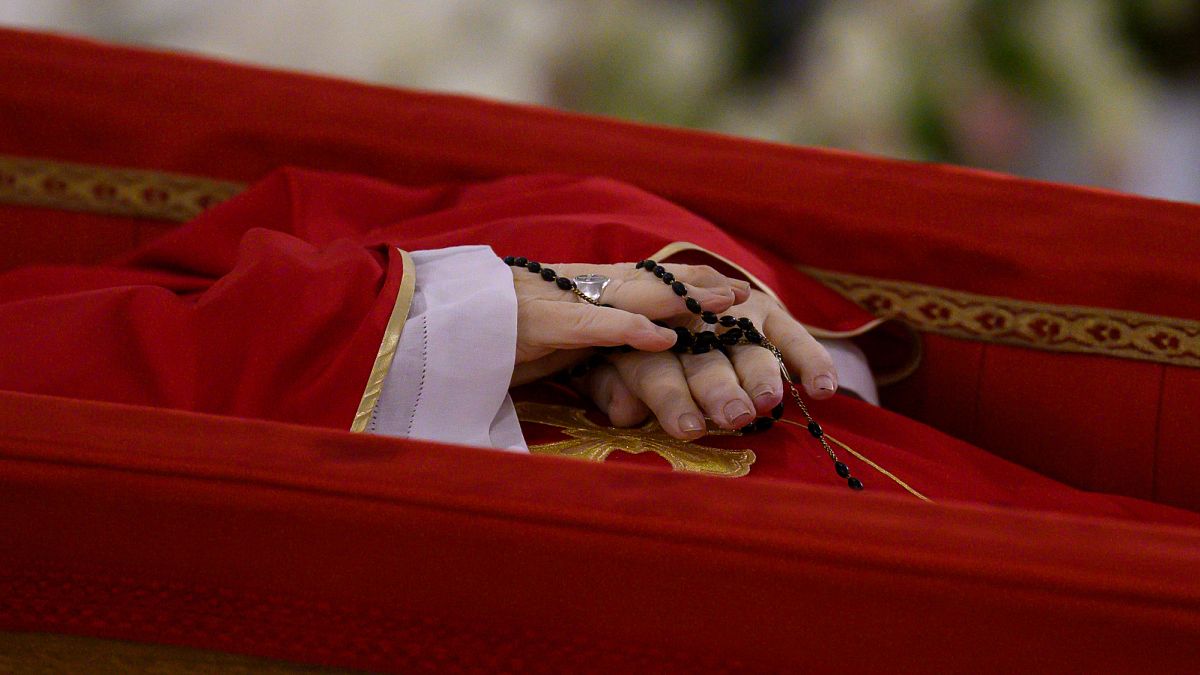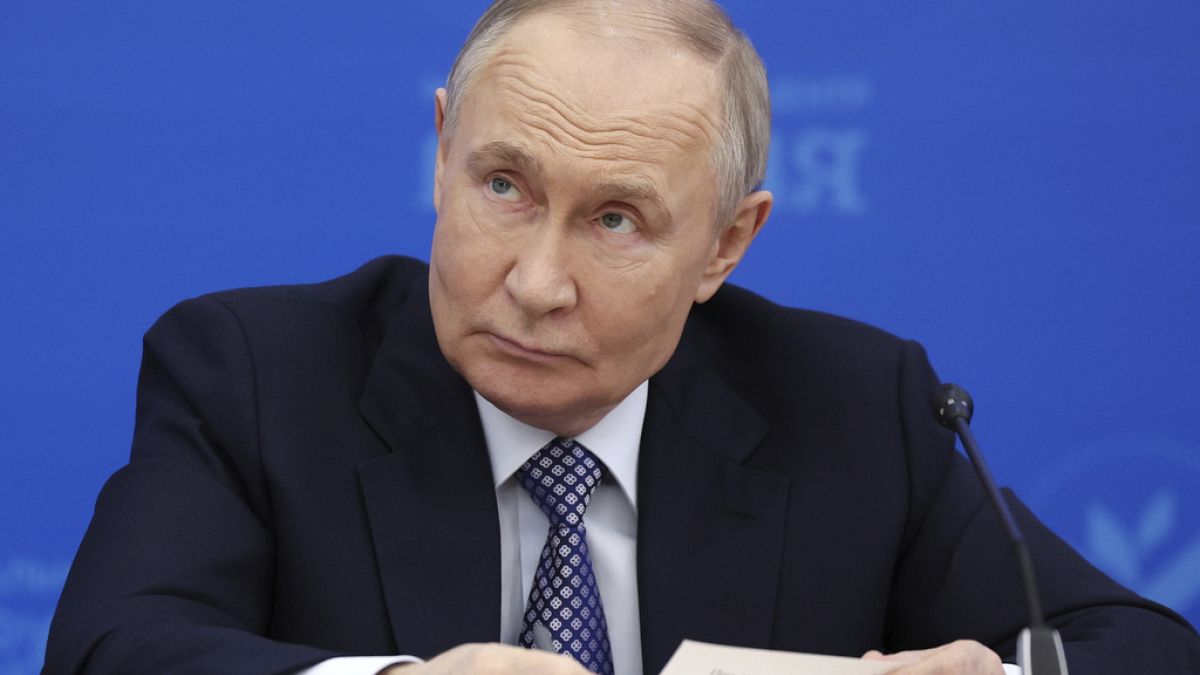A new study shows that women face more difficulties in becoming financially independent due to gender inequalities throughout their lives.
Women in the EU have fewer financial resources, including earnings, income, and wealth, than men, according to the latest study.
Gender inequality is particularly pronounced among older people, the European Institute for Gender Equality report showed.
There is a 48% income gap between men and women in the EU when they are economically inactive for family-related reasons, including paternity or maternity leave.
In retirement, this gap drops to 34% and narrows further to 10% when women are employed.
The gender gap percentage is also higher among those aged 65 and older compared to those aged 18 to 24.
The unequal distribution is driven by factors such as unpaid care and domestic work. Labour market segregation, gender pension gap and economic violence are also some of the factors contributing to this imbalance.
"I think it's important to emphasise that these issues are closely related and interconnected," said Madeline Nightingale, one of the authors of the study from RAND Europe.
“For instance, your situation within the labour market as well as your financial literacy, affects your ability to accrue wealth and therefore your decision-making, your influence within the household. There is a kind of compounding effect where these things reinforce one another, and particularly inequalities can become more entrenched over the course of one's life."
Who is in charge of financial decisions?
Women in the EU are more likely than men to take part in everyday financial decisions.
Tasks such as daily shopping and managing children's expenses are disproportionately handled by women.
However, women are less likely to be involved in making larger, more strategic financial decisions.
For Nightingale, it is linked to "historical roots," even though the "male breadwinner model is no longer as common as it once was."
"It is also related to the fact that women generally earn less and have fewer resources, and fewer decision-making powers come along," added another author of the research, Joanna Hofman.
Where does EU stand on gender pay gap?
In the EU, the average gender pay gap stands at 12.7%. This means that for every euro a man earns, a woman earns just 87 cents — a difference of about one and a half months' salary per year.
Nine out of 10 Europeans think it is "unacceptable" that women are paid less than men for the same work or work of equal value.
"The extensive legislation on gender equality, the labour market, and anti-discrimination in pay, along with recent developments such as the pay transparency directive that is coming into force, is certainly making a difference," Hofman said.
"It's difficult to estimate the impact in the absence of these policies, but they are certainly effective."
Video editor • Mert Can Yilmaz

 5 months ago
62
5 months ago
62






 We deliver critical software at unparalleled value and speed to help your business thrive
We deliver critical software at unparalleled value and speed to help your business thrive






 English (US) ·
English (US) ·